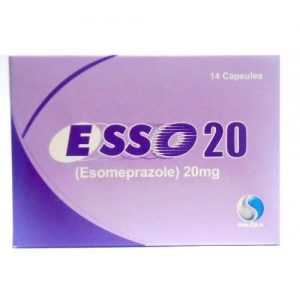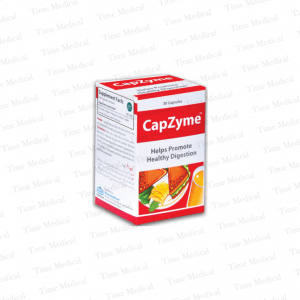Description
Indications
Cal-D Tablets is primarily indicated in conditions like Acute hypocalcaemia, Hyperphosphataemia, Hypocalcaemia, Hypoparathyroidism, In hypocalcaemic tetany, Osteoporosis prophylaxis, Osteoporosis, if the actual dietary intake less than the RDA, and can also be given in adjunctive therapy as an alternative drug of choice in Blood Pressure, Cardiopulmonary resuscitation, Hypertension, Premenstrual syndrome, Severe hyperkalaemia, Severe hypermagnesaemia.
Contraindication
Cal-D Tablets is contraindicated in conditions like Hypercalcaemia,Hypercalciuria, Renal calculi.
Side Effects
The severe or irreversible adverse effects of Cal-D Tablets, which give rise to further complications include Hypotension, Hypotension, Sinus bradycardia.Cal-D Tablets produces potentially life-threatening effects which include Cardiac arrhythmia, Cardiac Arrest, Cardiac arrest. which are responsible for the discontinuation of Cal-D Tablets therapy. The symptomatic adverse reactions produced by Cal-D Tablets are more or less tolerable and if they become severe, they can be treated symptomatically, these include Thirst, Headache, Nausea, Vomiting, Anorexia, Constipation, Abdominal pain, Dry mouth, Confusion, Syncope, Hypophosphatemia, GI irritation, Hypercalcemia, Dry mouth, Confusion.
Warnings
Cal-D Tablets should be used with caution in patients with impaired renal function, pre-existing arrhythmias, dehydration, diarrhoea, malabsorption or diseases associated with elevated vitamin D concentrations such as sarcoidosis. Solution of Cal-D Tablets are irritant and care should be taken to prevent extravasation during intravenous injection. Generally Cal-D Tablets should be avoided in patients with Cal-D Tablets renal calculi. Plasma-calcium concentrations should be monitored closely in patients with renal insufficiency and during parentral administration and if large doses of vitamin D are used.






Reviews
There are no reviews yet.